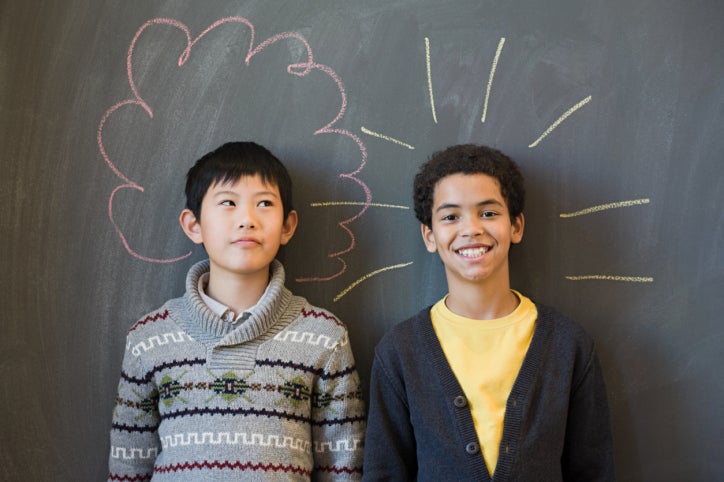Breadcrumb
- Wallace
- Reports
- Sel+Ost=Perfect Together A Confe...
SEL+OST=Perfect Together
A Conference Report

Overview
More
Less
- Author(s)
- Elizabeth Duffrin
- Publisher(s)
- The Wallace Foundation
Summary
Social and emotional skills—the capacity to work productively with a group, manage feelings well, resolve conflicts satisfactorily and an array of other capabilities—are increasingly recognized as a key to success in modern life. Accordingly, efforts to integrate social and emotional learning (SEL) into the classroom and in afterschool, summer or other out-of-school-time (OST) programs have gotten increasing attention in recent years.
This report is based on a day-long meeting in Chicago in October 2019 that brought together youth development leaders, researchers and educators to look at two of the field’s biggest challenges: developing the ability of adults to teach social-emotional skills and communicating the importance of those skills to those who may be unaware of how vital they are. Among the topics explored in the report are research findings on nurturing social-emotional development; ways that various programs create an environment where SEL can thrive; and language that can help parents and other caregivers understand why SEL is important for kids.
Among the practitioners and OST field leaders whose observations are shared in the report are Karen Pittman (The Forum for Youth Investment, a national nonprofit that helps leaders get young people ready for life); Deborah Moroney (American Institutes for Research, a behavioral and social science research and evaluation organization); Ron Berger (EL Education, a nonprofit providing professional development to schools and districts); and Brenda McLaughlin (BellXcel, a nonprofit summer and afterschool program organization). In a preface to the report, several speakers and attendees reflect on SEL and OST in the wake of the COVID-19 crisis.
The report concludes with comments from Kevin Washington, president and CEO of the YMCA of the USA, a conference presenter who rallied attendees with his description of how participation in out-of-school-time programs had benefitted him when he was young. “I am one of millions of people whose lives have been transformed by youth-serving organizations and caring adults who made it their mission to help a child,” he told the audience. “That’s why we’re all here isn’t it? To help kids—all kids—reach their full potential?”
The event was sponsored by The Wallace Foundation and America’s Promise Alliance in conjunction with the SEL Exchange, a conference the next day on social and emotional learning hosted by the Collaborative for Academic, Social and Emotional Learning.

